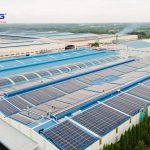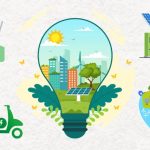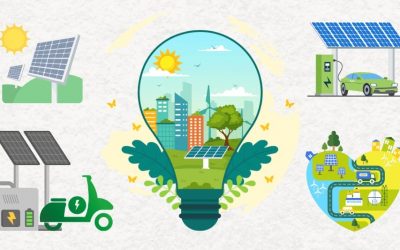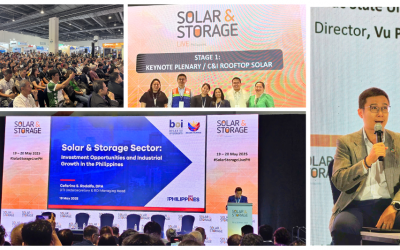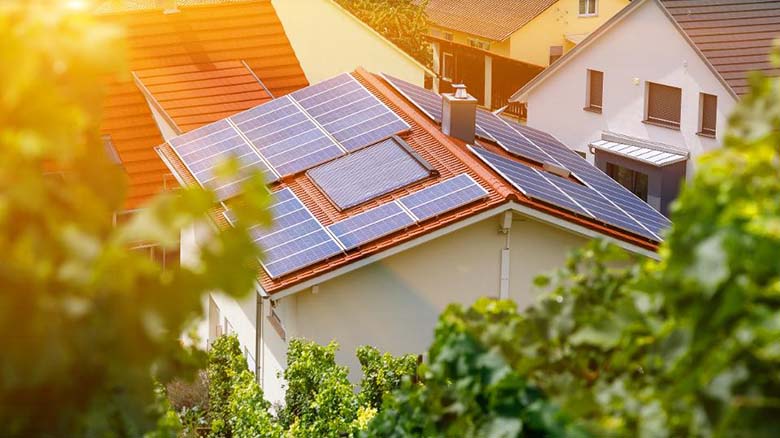
Looking for ways to save money on your energy bills while also reducing your carbon footprint? Consider installing solar panels on your home. Solar power can cut your bills and provide you with clean, renewable energy. With advances in technology, solar panels are becoming more affordable and efficient than ever before, making them an attractive option for homeowners looking to reduce their reliance on traditional energy sources. In this article, we will explore the benefits of solar power and how it can help you save money in the long run.
Solar panels, or photovoltaics (PV), capture the sun’s energy using photovoltaic cells and then convert it into electricity. Fortunately, for those of us living in the UK, the cells do not require direct sunlight to work – they can still work on a cloudy day, although less electricity will be generated. Having said that, the Met Office recently reported that April 2020 was probably the sunniest April on record, with the solar power industry reporting its highest ever production of electricity in the UK at 12:30 on 20 April.
How do solar panels work?
One of the ways to reduce your carbon footprint and save money on your electricity bills is by installing solar panels on your home. Solar panels are made up of solar photovoltaic (PV) cells that generate electricity when exposed to sunlight.
The PV cells are typically made of layers of silicon-based semi-conducting material. As sunlight shines on the panels, it causes electrons to be knocked loose, creating a flow of electricity. Multiple solar panels can be combined to create a solar array.
To maximize the amount of sunlight absorbed by the panels, it’s best to have them installed on a south-facing roof, although east- and west-facing roofs are also suitable. The panels should be pitched at an angle of 10 to 50 degrees, with the optimum angle being between 30 and 40 degrees. It’s also important to ensure that no buildings or trees are blocking the sunlight from reaching the panels.
While most solar panels are installed on rooftops, they can also be installed on walls or the ground. Additionally, solar tiles are an option, though they are typically more expensive than traditional panels.
When solar panels are installed, an inverter is also installed to convert the DC electricity generated by the panels to AC electricity that can be used by home appliances. By following these guidelines, you can start harnessing the power of the sun and cutting down on your energy costs.
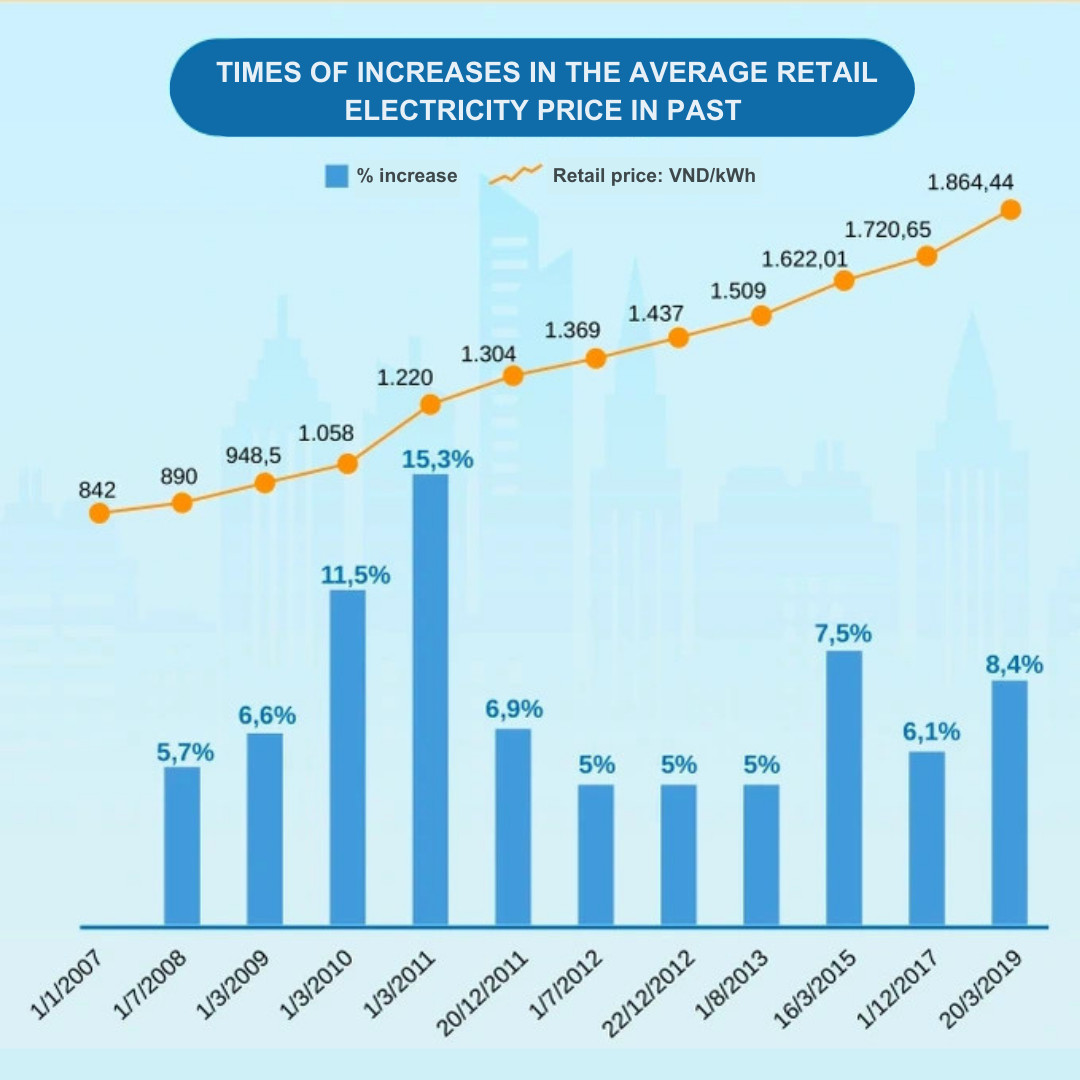
What are the benefits?
The biggest benefit of having solar panels installed is that you will save on electricity costs. If your solar panels are large enough, you may be able to produce enough electricity for your whole home.
The Energy Saving Trust’s solar energy calculator will give you an estimate on how much you could save.
Another benefit is that you will be reducing your carbon footprint. The Energy Saving Trust says a typical home solar PV system could save around 1.3 to 1.6 tonnes of carbon per year, depending on where in the UK you live.
Do solar panels affect electricity supply?
If your solar panels are fitted correctly, your system should switch seamlessly between using the electricity your solar panels have generated to using energy from the National Grid when the panels are not generating enough. You won’t notice any difference in your electricity supply.
You can use your solar panels alongside a normal energy tariff, and there’s no need to tell your energy company. You’ll just use less electricity from the Grid, and therefore pay lower bills. But you should shop around to make sure your tariff is competitive (along with your gas tariff).
How much do solar panels cost?
How much you pay to have solar panels fitted will depend on the size of your roof and the type of system you choose. Having solar panels installed isn’t cheap, but costs have fallen over the years and for some people it’s a small price to pay for the environmental benefits it brings.
According to online service Green Match, one of the most common choices is a 4kW solar panel system which consists of 16 panels and requires around 29 square metres of roof space. This should generate enough energy for a family home (three to four people), although you may still need to use energy from the Grid.
Costs for a system of this size are between £6,000 and £8,000, but in return you could save around £270 on your annual electricity bill.
A cheaper option is a 3kW solar panel system which consists of 12 solar panels and requires around 22 square metres of roof space. Costs come in at between £5,000 and £6,000, but savings are also lower at around £160 per year.
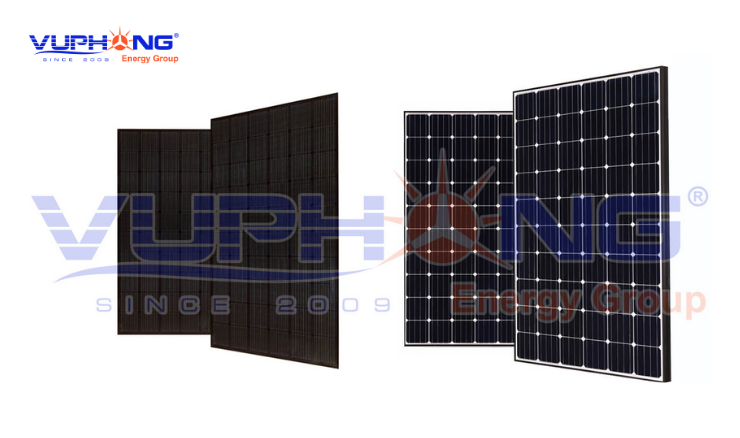 Solar-Panels
Solar-Panels
How long does it take to recoup the costs?
Depending on the size of your solar panel system and any money you earn through exporting excess energy back to the National Grid (more on this below), you can expect to recoup the costs of solar panel installation after 15 to 25 years, according to Green Match.
Although larger systems are more expensive, they generate more energy and can save you more in the long-term. Therefore a 5kW solar panel could pay for itself after 15 to 20 years, a 4kW system would take 16 to 22 years, and a 3kW system would take 21 to 25 years.
Can you earn money from solar panels?
The government’s feed-in tariff (FiT) scheme closed to new applicants on 31 March 2019. However, households that installed a solar panel system before this date and successfully applied for the scheme can still benefit.
The scheme offers cash payments to households generating their own energy through solar panels and other renewable technology.
Those who don’t qualify for the feed-in tariff can apply for the Smart Export Guarantee (SEG) scheme which was launched at the start of 2020. Through the scheme, you can be paid for any excess renewable energy you export back to the National Grid.
All licensed energy suppliers with 150,000 or more customers must provide at least one Smart Export Guarantee tariff, while smaller suppliers can offer a tariff voluntarily.
You will be eligible for the SEG scheme if you generate electricity through solar PV panels as well as any of the following:
- Wind turbine
- Hydro
- Anaerobic digestion – where organic material is broken down in the absence of oxygen to produce biogas which can then be used as a fuel
- Micro combined heat and power – where heat and electricity are generated simultaneously from the same energy source.
Your installation will need to be 5MW capacity or less, or 50MW for micro combined heat and power. It must also be certified under the Microgeneration Certification Scheme (MCS) or equivalent.
In addition, you will need to have a meter fitted that can provide half-hourly readings so that your supplier knows how much electricity you are exporting.
How do SEG tariffs work?
By signing up to a SEG tariff, you will be paid for any excess electricity you generate that is fed back into the National Grid. However, unlike with feed-in tariffs, you won’t be paid for all the electricity you produce, so payments are likely to be lower.
Energy suppliers can decide the rate they pay, the length of the contract, and whether tariffs are fixed or variable. Fixed SEG tariffs pay a set rate per kilowatt hour (kWh) of electricity exported over the length of the contract.
A variable tariff will have fluctuating prices depending on market demand (but prices cannot fall below zero). It therefore pays to shop around and compare what is on offer.
Note that you cannot receive both a feed-in tariff and SEG payments, but you can opt out of the feed-in tariff scheme if you would prefer to receive SEG payments.
What to consider before choosing solar panels
If you are thinking about having solar panels installed, you’ll need to consider whether your roof is suitable, including whether it is big enough and how much sunlight it gets.
You’ll also need to think about what size solar panel system you need. It’s important to ensure the size is big enough to cover your home’s energy needs, but also that you don’t end up with a large surplus.
You may also want to think about installing a solar battery or energy storage system which will store the electricity your solar panels generate. This will allow you to store electricity generated in the day to use at night, helping you to become more self-sufficient and reduce the amount of electricity you use from the Grid.
Although you don’t usually need planning permission for the installation of solar PV panels, it is also wise to check with your local authority in case there are any restrictions – for example, if you live in a listed building or a conservation area.
You should also inform your home insurance provider to ensure they will cover solar panels and find out whether your premiums need to be adjusted.
Finally, make sure you get several different quotes from companies to compare installation costs. It may be best to look for a certified installer on the Microgeneration Certification website.
How to get the most out of solar panels
If you decide to proceed with the installation of solar PV panels, take a look at these tips to ensure you get the most out of them:
- Use more electricity during the day: Solar PV panels are most effective during daylight hours, so think about carrying out tasks such as washing and running the dishwasher during the day, rather than overnight. If you are usually out during the day, inbuilt timers for appliances can come in handy.
- Consider other renewable systems: If you are able to, it can be worth combining solar PV panels with other renewable technologies such as heat pumps, thermal panels and wind turbines.
- Install a solar battery or energy storage system: As mentioned above, this allows you to store energy generated in the day to use at night, reducing the need to use electricity from the Grid.
- Reduce energy wastage: Steps such as turning off lights when not in use, taking shorter showers and draught-proofing your home will reduce how much energy you use. You can find further tips in our article.
Keep solar panels clean: It’s important to regularly clean your solar panels – you can buy solar panel cleaning kits, or you can install automated cleaners that are a bit like sprinkler systems. Alternatively, you can pay for a cleaning company to do the hard work for you!
Read more

